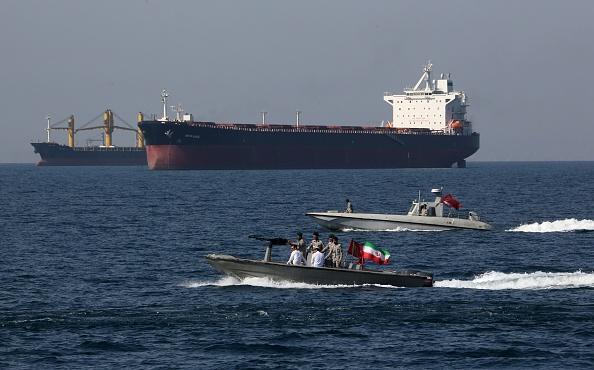DUBAI, United Arab Emirates—An oil tanker sought by the United States over allegedly circumventing sanctions on Iran was hijacked on July 5 off the coast of the United Arab Emirates, a seafarers welfare organization said July 15.
Satellite photos showed the vessel in Iranian waters on July 14, and two of its sailors remained in the Iranian capital.





